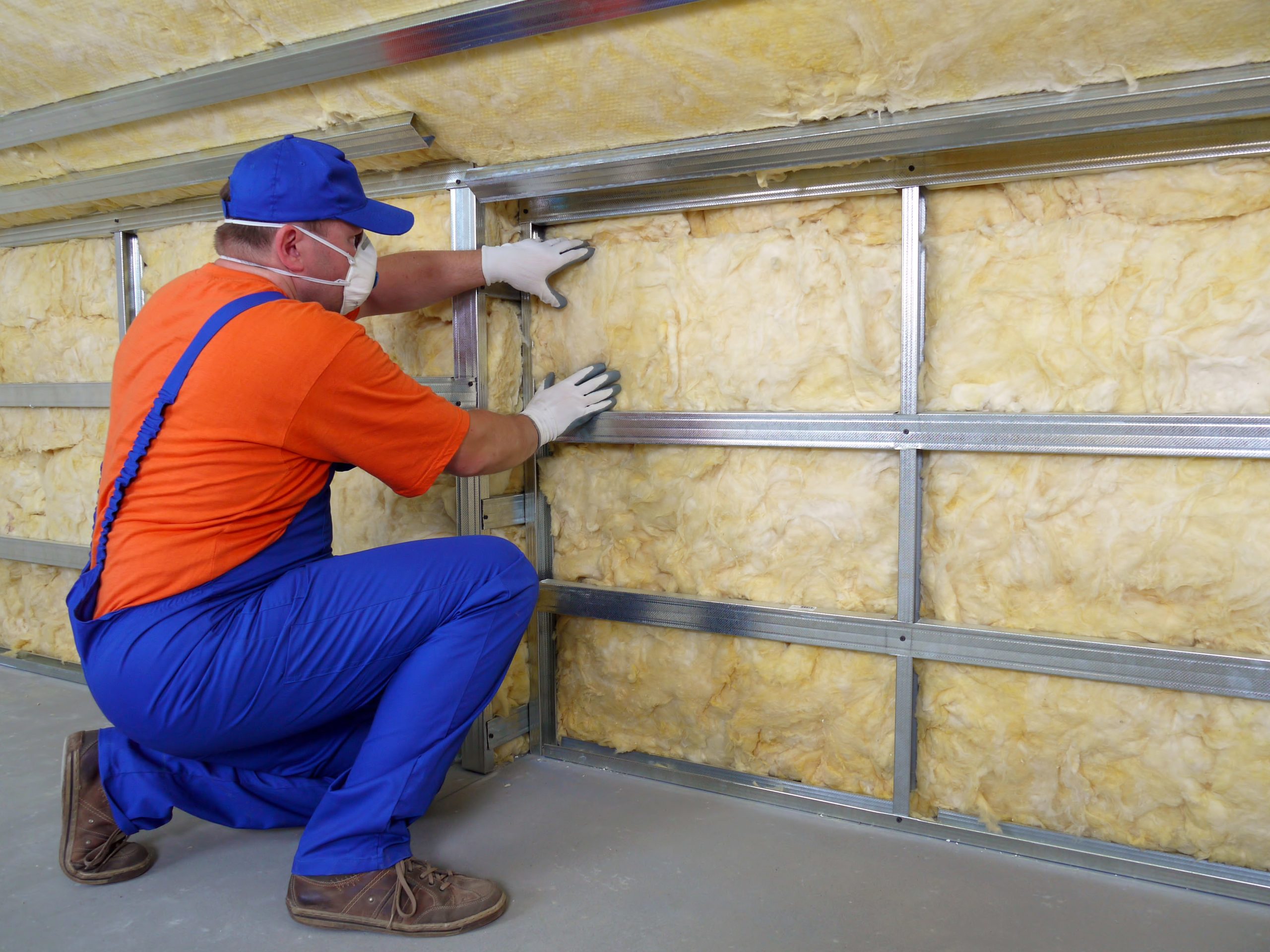Spray foam insulation is a two-component system that consists of polyurethane. It is sprayed on attics, walls, basements and other locations to seal air leakage.
Homeowners can choose open- or closed-cell foam. Closed-cell is physically stronger and provides an effective vapor barrier. It also requires a professional installation.
Some chemicals used in spray foam (isocyanates) off-gas as it dries, which can cause irritation to the lungs and eyes. However, low-GWP blowing agents are available to reduce these off-gasses.
Air Sealing
The air seal created by spray foam insulation is a big selling point, and one of the main reasons people choose it. This can help cut energy costs and create a more comfortable home.
It also prevents warm or cool air from escaping, which means your HVAC system doesn’t have to work as hard to maintain a constant temperature. That can save you up to $3,500 over 20 years.
However, that tightness can lead to other problems. In many homes, especially those with closed-cell spray foam, mold and mildew can start growing on the drywall behind the insulation.
In addition, there’s a chance the spray foam will off-gas toxic chemicals into the home. For this reason, it’s recommended homeowners vacate their homes during the installation process and remain out until the spray foam has cured. It will take between 1-3 days.
Condensation Control
Polyurethane sprayed foam insulation is a very effective condensation control material. It creates a seamless airtight barrier to stop moist warm air from coming into contact with cold surfaces. This prevents water vapour from condensing into liquid droplets which can then ‘rain down’ onto the surface below.
It also helps to keep humidity levels low in the home. This is important as high relative humidity can cause moisture problems in spray foam insulated homes and this can be caused by boiling water, aquariums, indoor plants, laundry, and excessive showering with no exhaust.
However, if spray foam insulation is not applied properly, it can lead to condensation and moisture problems in the walls, roof and ceilings. If this happens, the building will be susceptible to structural damage, health issues and mould. To avoid this, homeowners should choose a builder that is experienced in using spray foam insulation and ensure it is used correctly. This includes following proper ventilation guidelines during the installation process and keeping homeowners and children away from the area until the curing process is complete.
Noise Reduction
The same qualities that make spray foam insulation such effective air and vapor barriers, also make it great at reducing noise. This sound control is a nice-to-have feature that can be beneficial for overall comfort and efficiency at home or in the workplace.
Traditional sound barrier technology can be expensive. With spray foam, however, the material is sprayed onto existing walls, making it an affordable option to help reduce noise.
It can even be sprayed into the frames of windows and doors to block out noise. This is particularly beneficial in homes where the casing around the window or door allows sound to pass through.
The only downside to using spray foam for sound reduction is that once the spray foam has hardened, it cannot be reused. That means the wood studs, plywood and other materials it has been adhered to will eventually end up in a landfill. Fortunately, many spray foam products are now transitioning to blowing agents with lower global warming potentials, which will help address this issue in the future.
Energy Efficiency
The airtight seal created by spray foam insulation helps keep your home warm in winter and cool in summer. It also reduces your energy costs by preventing air infiltration, which accounts for 30+% of high energy bills, and it helps your HVAC system work less hard to regulate your indoor temperature.
Because spray foam expands quickly, only trained professionals should apply it. They understand how to apply it in even layers to prevent sagging and swelling, and they can ensure the application meets any required building codes.
Choosing spray foam insulation that uses low GWP blowing agents is an excellent way to improve your home’s energy efficiency and comfort. It can help you qualify for a low-rate efficient home mortgage and may make you eligible for state and federal rebates for your energy-efficient renovation. It will also increase the lifespan of your HVAC system by preventing it from overworking to heat and cool your house.

